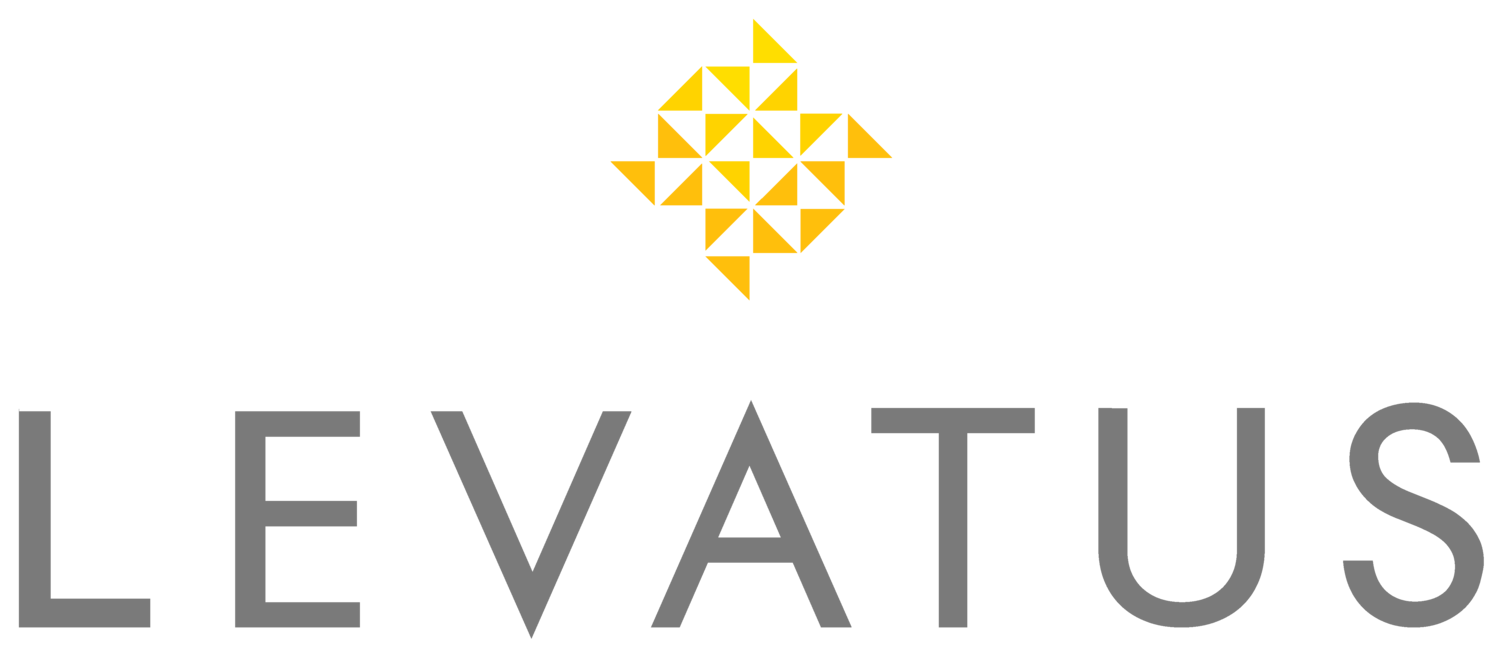TEDx Q&A | Passionate Entrepreneur Reflects on Achieving Meaningful Financial Success
2018 TEDxBeaconStreet Interview with Susan Dahl.
After Susan’s TEDx Talk “Can Happy Make You Money?,” she sat down and answered questions about the experience. The investment industry has told us for decades what should make us happy. Why isn’t it working? The complexity of the current approach creates road blocks to happiness. How do we tear these down?
Finding the answer depends on beginning with the right question. Turn the existing model on its head and develop solutions that start with the science on human happiness and then integrate the math of finance; solutions designed to empower us.
All said, a return to a more normal economic cycle away from the likelihood of stagflation, alongside a wave of innovation and technological advance, offers a good backdrop in the medium to long term.
A disquieting apprehension about inflation has drifted into the public consciousness. The headlines say that inflation is better. Why don’t we feel that way?
The conflict in the Middle East will have a direct impact on key macro economic risk factors.
The path of inflation and its amplitude will have important implications for both risk management and financial planning in the years ahead.
The Silicon Valley Bank collapse has rattled investors and the markets. In this Q and A with LEVATUS Chief Investment Officer, Susan Dahl, we will drill down on the question most on people’s minds, “Do we have anything to worry about?”
The interplay between inflation and disruptive change is likely to create strong cross currents and interesting opportunities in 2023
Our annual big picture perspective on long-term investment growth and where to find it. Private client access.
In our new series, The Market Is Not Going Up! What Can I Do?, the team at LEVATUS Wealth Services highlights some of the ways we are helping our clients to take control in a down market. This month’s topic is Tax Loss Harvesting. This is a strategy that is useful under many market conditions, but particularly when volatility is high.
In the current market environment, the interrelationship between the economy and asset markets has rarely been more complex or more precariously balanced.











August 2024 started with a swift drawdown in markets. As with many such corrections, a major contributor was leverage.